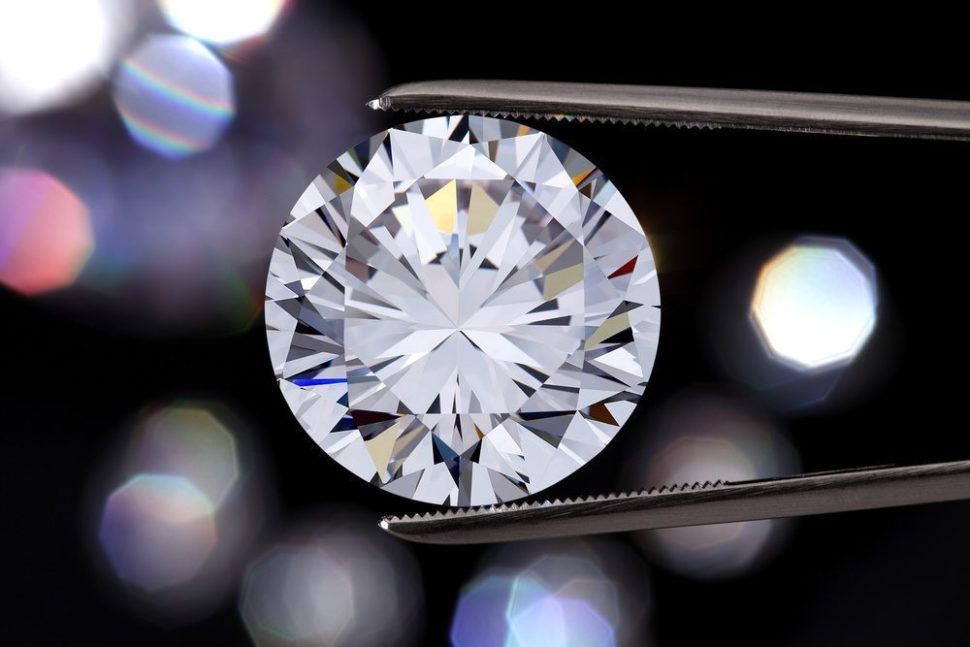Some of humanity’s earliest records were etched in stone. Perhaps urged by the desire to transmit knowledge, the human quest for data storage began with images on cave walls and techniques were crafted into tools.
Gradually, these unwitting historians went from glazing dried clay to pressing paper and then, with the discovery of electricity and magnetic fields, we eagerly began developing the first digital media storage devices.
New research shows that that future of data storage may usher in a new Stone Age.
Derived from the Greek “adamas” meaning “unconquerable”, the infamous durability of a diamond reflects the insurmountable pressure required to make it. As the hardest known substance, a diamond’s surface is without equal and virtually indestructible – the characteristic property that inspired that timeless phrase “Diamonds are forever.”
New insight into other properties unique to diamonds could make that classic phrase take on a new meaning with applications in data storage.
What if that rock on your fingers didn’t just commemorate your relationship, but could actually store all the memories, photos, videos, vacations and moments you ever had with your special someone?
Or, even all store all of the data you’ve ever collected in your entire life?
Diamond Data Storage
You’ve already started contemplating the idea of using a diamond ring like a USB. Unlike a USB and other conventional storage devices with relatively short lifespans, new research indicates that a diamond’s structure has the potential to make diamond data storage nearly permanent.
“Typically, the more surface vacancies the less valuable the diamond, but now that could mean added value in the form of more data storage space.”
The main issue problem with current optical storage methods like DVDs, USB, CDs, and SD cards is that over time, they all eventually degrade from the effects of oxidization, scratching, and proximity to other magnets.
This is also the case with hard drives even flash-drives memories.
If the longevity of a storage device varies according to maintenance and their respective materials, most others will pale in comparison to the potential storage capabilities of diamonds.
According to the journal Science Advances, scientists can use atomic-sized imperfections on the diamond’s surface to encode data in 3D arrays. This property could essentially make diamonds into mini data centers with the space provided by surface “imperfections” replacing rows of energy-consuming servers.
In the journal, City University of New York researchers used lasers to encoded data inside nitrogen vacancy centers, or microscopic air pockets in the diamond’s structure.
Specifically, the team used the small spaces as magnets to move electrons and store gray-scale images on the diamond, such as faces of famous physicists.
Diamonds are Forever, Maybe Not for Everyone:
While diamonds could store 100 times more data than a DVD in terms of bit density, cost concerns are also on the surface of this development.
Using artificial diamonds could be a solution as more defects in the diamond’s surface could mean more storage capacity.
Typically, the more surface vacancies the less valuable the diamond, but now that could actually mean added value in the form of more storage space.



















Comments (0)
Most Recent